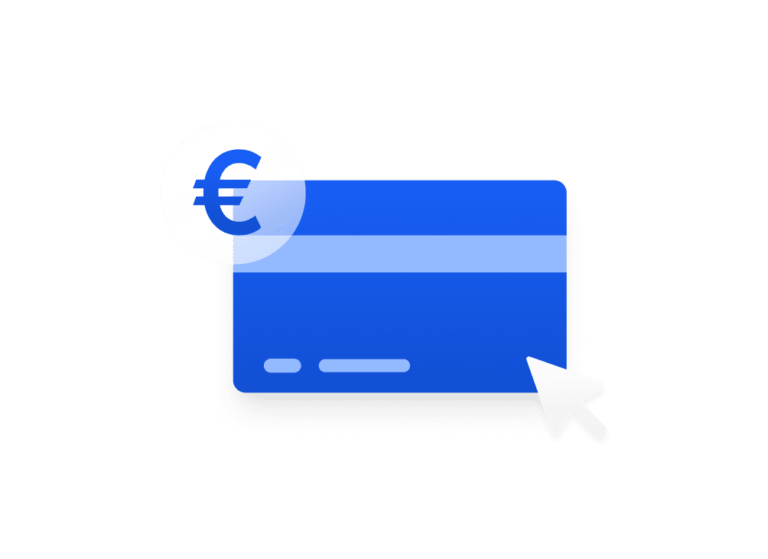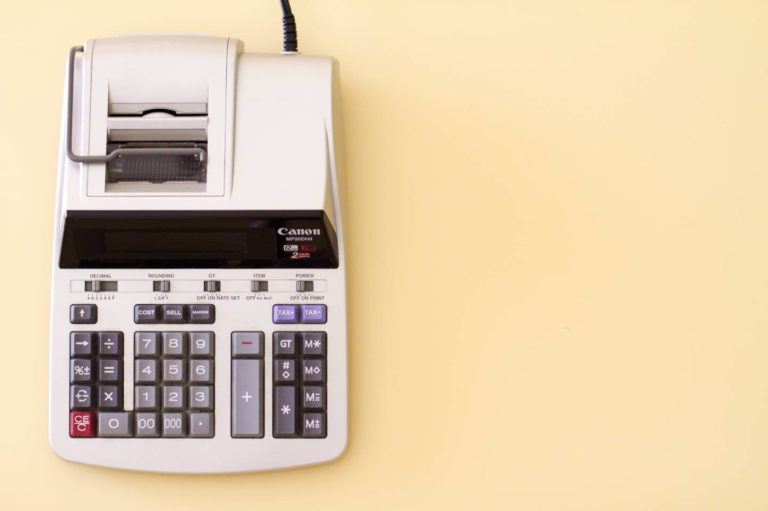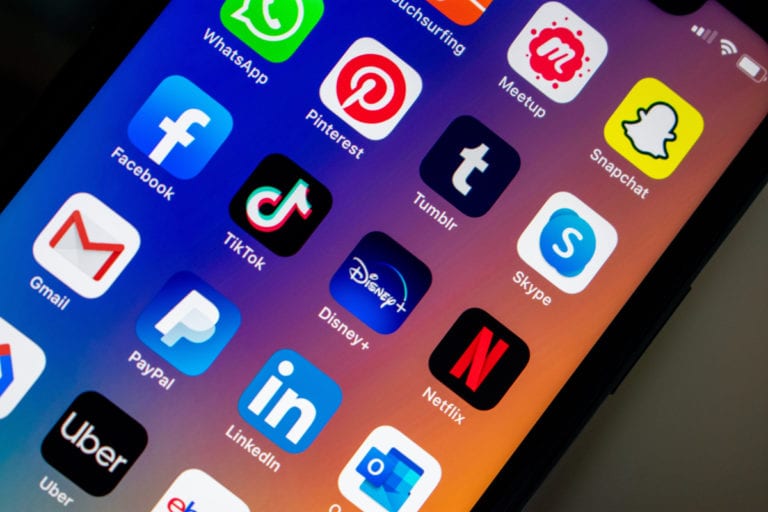It’s 2019—your company needs a mobile app, there’s no two ways about it.
Today, we live in a multi-channel world and establishing a strong presence in all possible channels, especially channels where there are potential customers lurking, is vital.
Mobile apps are today considered to be one of the most powerful tools for engaging with your target audience. Almost every adult (and teenager, and even some children!) have smartphones and the numbers keep growing. This is quite a weighty argument as to why you should focus on mobile technology.
Are you still hesitant about having a mobile app made for your business? Well, you shouldn’t be. In this article, we are going to share with you some of the reasons and important benefits that a mobile app can have for your company.
5 Reasons Why Your Company Needs a Mobile App
There are plenty of reasons why, however, we have managed to pick 5 that we think are the most important.
1. Sales growth
First up, we have sales growth. This is by far the most important reason you should have a mobile app—growing your sales is the only way to make more profit. Given that a mobile app is an entirely new channel and means of communicating with your target audience, it can have a significant (positive!) impact on your sales.
With promotion, discount and bonus push notifications, you can motivate customers to purchase from you. You can directly contact all the users who have installed your app. For example, a company can send a special offer to customers who are in close proximity to their store or office with the help of geolocation technologies offline.
Another advantage of an app is the ability to make mobile payments, the popularity of which is growing rapidly.
2. Build an audience
Using a mobile app, you can establish relationships with your target market no matter where in the world they are located. A person does not need to remember your company’s name, website address, or any details because the app is conveniently saved in their phone. Depending on your app’s functionality, it may even be accessible without an internet connection.
Each new user who installs your mobile app enters your information space. Therefore, it is worth using various methods to increase the number of installations; for instance, you can offer bonuses and discounts in return.
3. An app can increase customer loyalty
By letting your customers place an order, book a table, start a subscription, or contact you through your mobile app is a powerful way to improve customer loyalty. You can also integrate loyalty programs into your app and share promotions, discounts, bonuses, and special events with these people first.
You can take advantage of the powerful personalization possibilities by sending push notifications about your company’s latest deals, promotions, and offers as soon as they come available. You can also offer exclusive ones solely for people who have installed the app—doing this is guaranteed to improve loyalty.
4. You can collect data and analytics
Data powers our world. Anybody (or company) that can get their hands-on data sets themselves in good stead for the future. Guess what? Your customers have lots of personal data that you can collect and use.
For instance, you can learn which products your customers buy the most. As well as, how much time they spend on the app. Or even, which functions are the most used and which are the least popular?
You can also learn who your customers are, where they are from, and what they are interested in, for example.
5. It provides you with a competitive advantage
Not all companies make a mobile app. And, also, many of those who do don’t utilize it to its full potential. In fact, not all companies even take full advantage of their websites.
There is a lot of room to gain a competitive advantage here. By having a functional app that serves a solid purpose, you set yourself apart from the majority of your competitors within your industry.
If you end up being among the first companies within your industry to launch an app, you can easily strengthen your position for the future.











